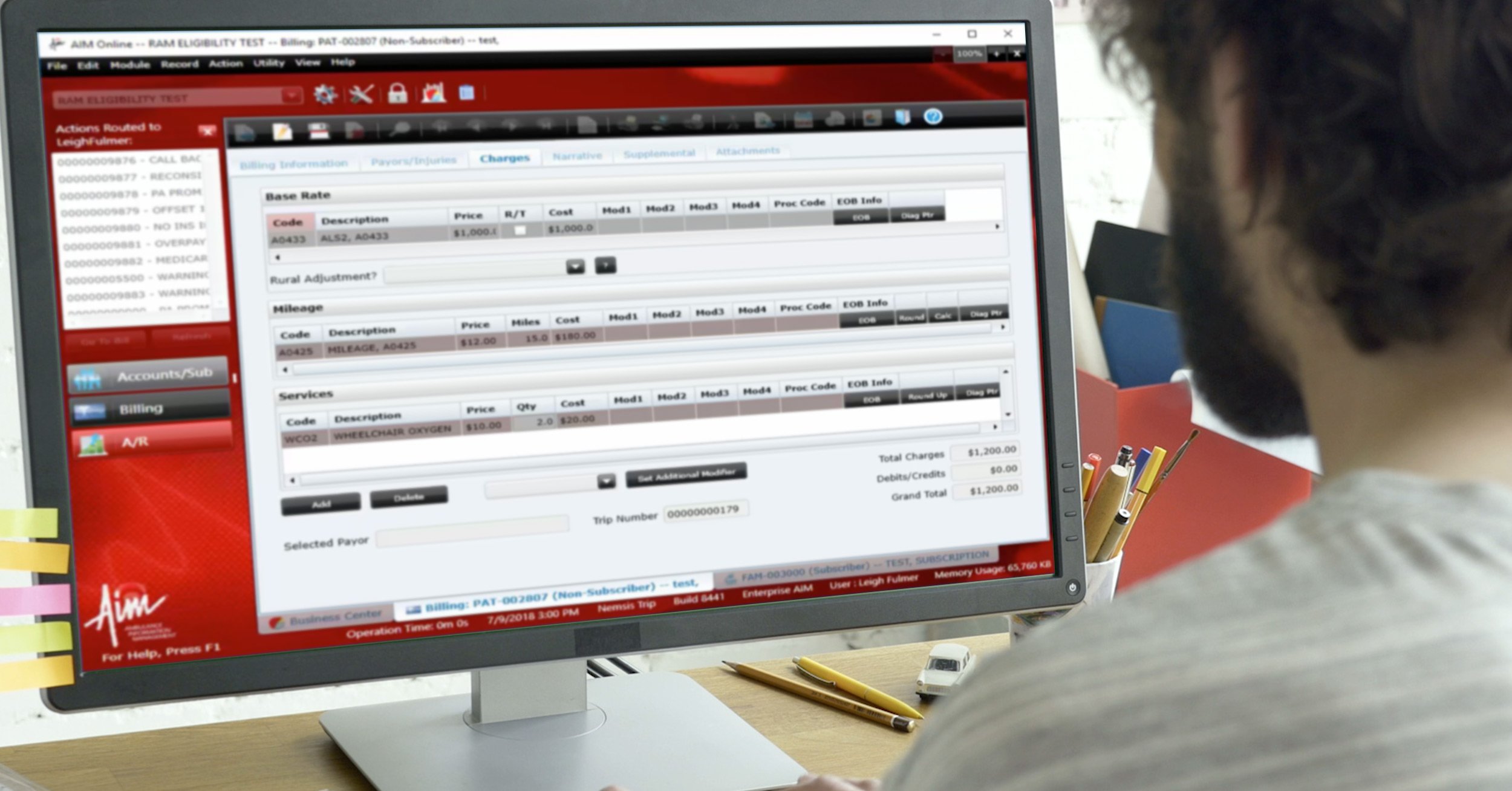 EMS billing staff require complete, accurate data to submit claims to payers. If crews can’t document and collect all necessary patient care data and forms during a transport, EMS billers will have to play catch-up. These delays will disrupt the entire EMS billing process and later revenue collection.
EMS billing staff require complete, accurate data to submit claims to payers. If crews can’t document and collect all necessary patient care data and forms during a transport, EMS billers will have to play catch-up. These delays will disrupt the entire EMS billing process and later revenue collection.
Expect to see declines in productivity while EMS billers research documentation errors and chase missing paperwork, like physician certification statements. Some insurance companies take up to three months to change or update patient information. Meanwhile, the patient(s) will have already transitioned from the facility and the sending-facility patient care staff will have moved on to new patients. EMS billers will struggle to retroactively obtain patient care data, even for a patient transport from only two days ago.
Improving EMS billing denials and rejections starts with improving patient care data quality and error detection. Electronic patient care data collection and a digital EMS workflow will save EMS billers time and effort. Use them in conjunction with quality validation processes for best results and minimized denials.
The Editorial Team at Healthcare Business Today is made up of experienced healthcare writers and editors, led by managing editor Daniel Casciato, who has over 25 years of experience in healthcare journalism. Since 1998, our team has delivered trusted, high-quality health and wellness content across numerous platforms.
Disclaimer: The content on this site is for general informational purposes only and is not intended as medical, legal, or financial advice. No content published here should be construed as a substitute for professional advice, diagnosis, or treatment. Always consult with a qualified healthcare or legal professional regarding your specific needs.
See our full disclaimer for more details.







